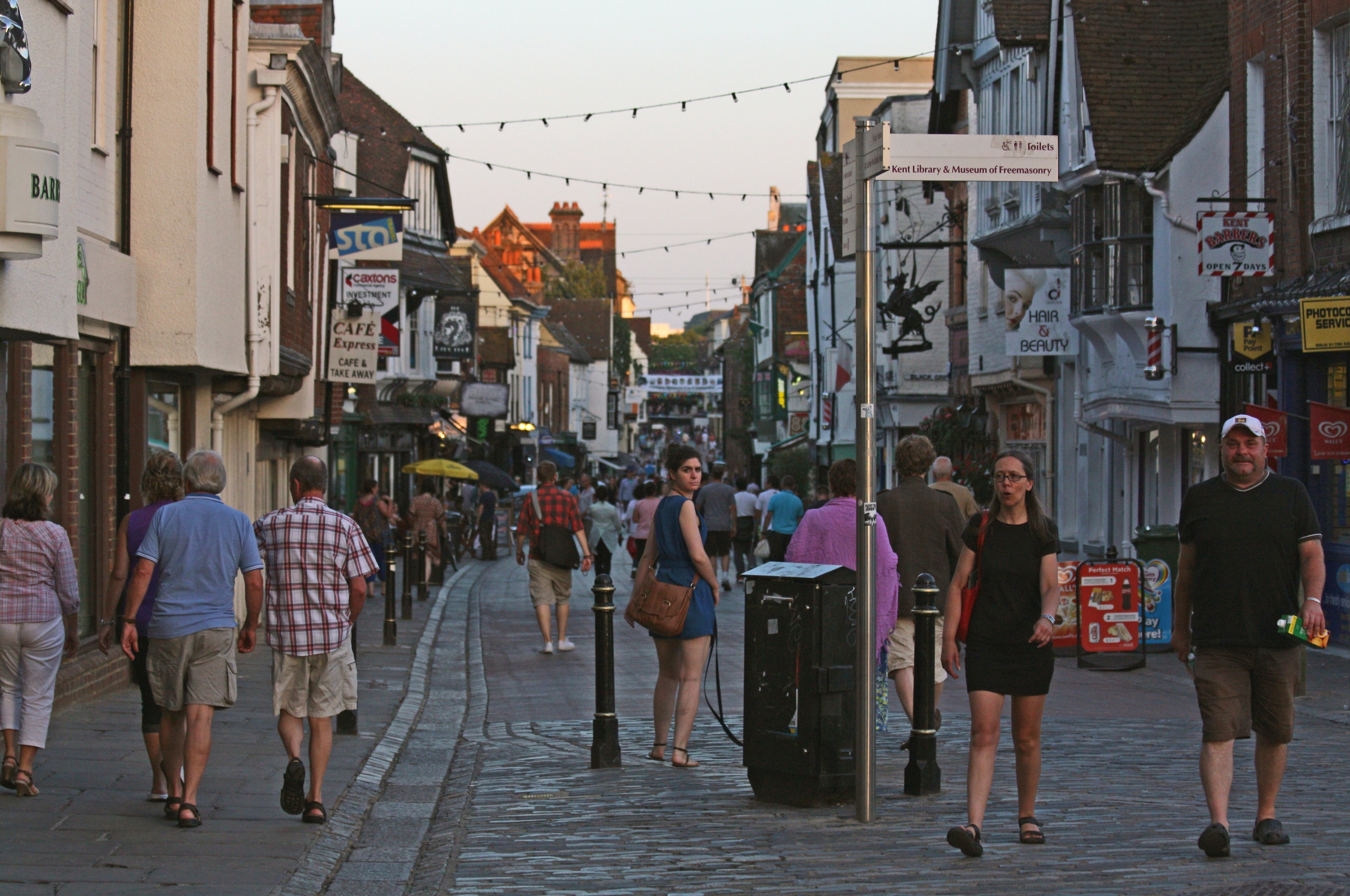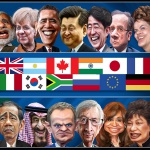
What’s with the lack of diversity in British Politics?
In an ideal world, the representative MPs in Parliament should do exactly that; represent the country’s population. Currently however, our government fails to do that. Looking at the current MPs with a seat in the Parliamentary Houses, the overwhelming majority seem to be white, middle/upper class middle-aged men. Which is great if you are part of that demographic. Luckily, the UK is more diverse than that. So why doesn’t the British government reflect the diversity of British culture and society?
According to the last, but now slightly outdated 2011 census, the UK population identified as being made up of roughly 87% White, 7% Asian, 3% Black and 1% as ‘other’. Translating these figures over to the parliamentary make up, these figures simply are not represented equally in Parliament.
There at 650 representatives in parliament. All but 27 are white. 77% are men.
Although some parties are slightly more representative of the population than others, these failings are across all 3 of the major political parties. Nearly a fifth of those present in Labour constituents are black or ethnic minority (BME), but the party representatives are around 94% white. And Labour is the most representative. Currently there still remains a 5% gap between the diversity of MPs and the constituents they represent. The Liberal Democrats are the worst offenders. They do not have a single BME seat in Parliament, despite their representing constituents being 11% BME.
Many young people report feeling disillusioned by a government ignorant of the needs of their generation. Voting turn-outs continue to fall. Apathy is high. This trend is strongest throughout the younger age groups: many young people report feeling unrepresented by any party, leading them to vote for more radical parties, or not at all, as a form of protest. Not voting however, throws in the right to a voice, and holds no impact on the political agenda. If representation in Parliament is to change, a more active form of protest is needed.
The government currently exercises a ‘Diversity and Inclusion Scheme’ as part of the 2010 Equality Act to improve representation. All-women shortlists are also used to improve gender ratios, but only through separate party policy. Currently, only Labour adopts this tactic. Even with the use of inclusionary schemes, The Fawcett Society still predicts that at the current rate of improvement, it would take 3 generations for Parliament to represent it’s population’s diversity. There is some criticism over the use of shortlists to bump up BME and female representatives in Parliament as unfair on male MPs who may be considered through the shortlisting as less eligible because of their gender, thus simply exercising a new form of sexism towards men.
However unclear the solution now, something clearly needs to be done. The fact these questions are being asked is a point towards the right direction. This issue continues to be debated in the House of Commons and Lords. If we are ever to create a more representative parliament, criticisms have to made. However seemingly pointless, allowing our voices to be lost by giving up our voting power is not the way forward.




























Discussions